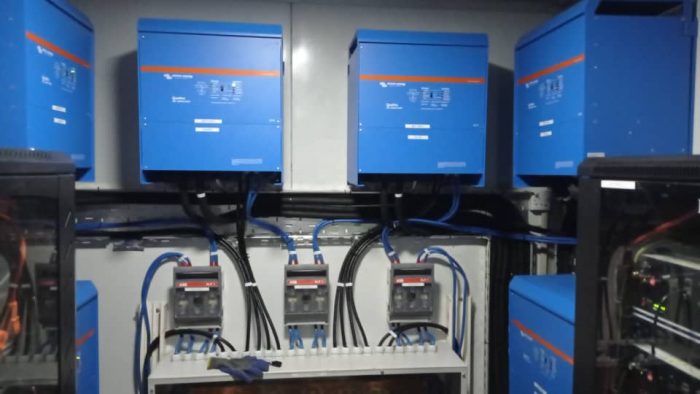The rainy season is a time of the year that brings relief from the scorching heat and fills the environment with lush greenery.
The soothing sound of raindrops, the cool breeze, and the fresh, clean air make this season special.

However, the rainy season also brings with it a set of challenges, especially for electronic devices and home appliances.
One such crucial appliance that needs special attention during this period is the inverter. Inverters are essential in providing an uninterrupted power supply, especially during power outages.
They are crucial for keeping our homes and businesses running smoothly.
Rain and moisture can pose significant risks to inverters, leading to potential damage and reduced efficiency.
Water and electricity are a dangerous combination, and even a small amount of moisture can cause short circuits, corrosion, and other issues.
Therefore, proper maintenance of your inverter during the rainy season is vital to ensure its longevity and optimal performance.
Here are some ways you can maintain your inverters during rainy season.
1. Location and Installation
The first step in maintaining your inverter during the rainy season is to ensure it is installed in a safe and dry location. The installation area should be well-ventilated but free from direct exposure to rain or moisture.
Placing the inverter in a damp or humid environment can lead to corrosion and other electrical problems.
Ideally, the inverter should be installed indoors, away from windows, doors, or any place where water might enter.
2. Regular Cleaning
Dust and dirt can accumulate on your inverter, and when combined with moisture, they can create a layer that interferes with the device’s efficiency.
Regularly clean the inverter and its surrounding area to prevent dust buildup.
Use a dry cloth to wipe down the exterior of the inverter and ensure there is no moisture on or near it.
3. Check For Water Leakage
During the rainy season, it is crucial to regularly inspect the area around your inverter for any signs of water leakage.
Ensure that the roof and walls of the room where the inverter is installed are not leaking. Any water leakage can pose a significant risk to the inverter.
If you find any signs of leakage, address the issue immediately to prevent any water from reaching the inverter.
4. Battery Maintenance
The battery is a vital component of the inverter system, and it requires regular maintenance, especially during the rainy season.
Ensure that the battery terminals are clean and free of corrosion. Apply a thin layer of petroleum jelly on the terminals to prevent rusting.
Check the water levels in the battery if it is a water-based battery, and top it up if necessary. Always use distilled water for this purpose.
Also read: How To Make Money With Your Voice As An Edutainer

